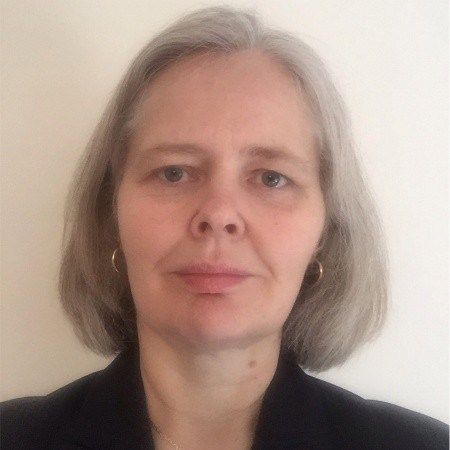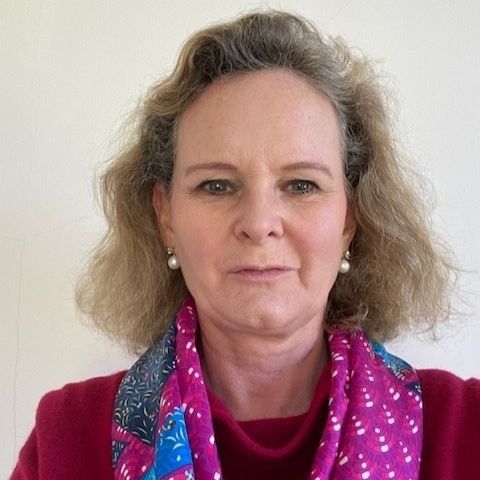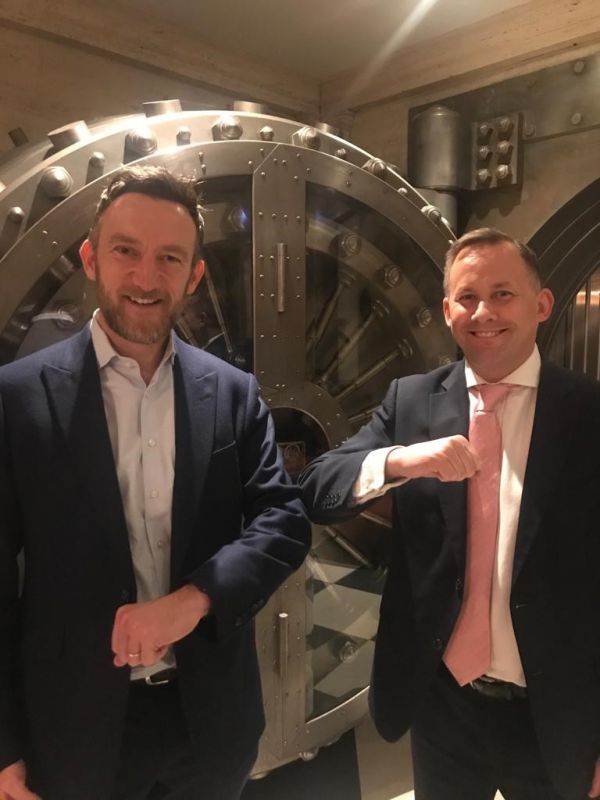
Thea Fforde – Head of Financial Crime Compliance at ICBC Standard Bank
How did you get into financial crime compliance?
I started out in the City as a commodities trader and then joined a start-up hedge fund manager where I handled getting the firm authorised by the SFA (the predecessor to the FSA!). Unfortunately the hedge fund closed down, but I had enjoyed the compliance work so much I decided to pursue a move into this area. Only recently have I focussed purely on financial crime compliance.
Was financial crime your first career choice?
No, but after I moved into compliance, financial crime then came as a natural add-on.
How did you obtain your first job in financial crime
It was through evolution and experience. Much of my career has covered both regulatory compliance and financial crime compliance, where I have held CF10 and CF11 functions. My current position is my first role where I am responsible solely for financial crime compliance.
What were you doing before?
Before I was a trader, I spent a few years travelling after university and teaching English as a foreign language.
What attributes do you think have made you successful in your career?
Hard work and rolling up my sleeves. Not being afraid to voice an opinion and making decisions; this includes not being afraid to make mistakes – the important thing is to learn from those mistakes! I also have an enquiring mind and good common sense. I agree with the maxim of what makes a good compliance officer: 1) common sense, 2) backbone and 3) social skills.
Do you look for candidates with a particular educational background or particular qualifications?
Education and qualifications are important, particularly those with a legal, accounting or analytical flavour. Compliance departments need staff with good investigative and drafting skills. I also believe in those old fashioned attributes of hard work and dedication.
What advice would you give to a junior starting their career?
Learn as much as you can. Offer to help, even on menial tasks. Be enquiring, proactive and loyal. Show interest in your role and your firm; your management team will notice this ‘hunger’, even if you don’t realise it. Don’t switch jobs too often, if you jump around firms this often demonstrates a lack of commitment which is off-putting to hiring managers.
What advice would you give to a mid-level professional?
Build your strength of character, knowledge and experience as these will shine through. Understand what you want to do. Work out your niche. Help others around you, whether senior or junior to you.
What advice would you give to a number two?
Find a good mentor / sponsor to help guide you on what being in the top spot entails. Listen and learn from that person and don’t feel in a hurry – in other words hone your skills well and grow your network and experience so you can seamlessly move into the number one role.
What do you see as the growth areas of financial crime in the next 18 months?
Cybercrime, facilitation of tax evasion and sanctions management. Demand for people with AML transaction surveillance and financial crime risk assessment skills will also grow.
Who is the person or persons who have had the biggest impact on your career?
Me. It has been my decisions that have driven my career to date. I strongly believe that we all must take responsibility for our actions and that includes what we do in our work life as well as our home life. I also believe that we all leave a ‘footprint’ so it is important that whatever we do, we do it with integrity, kindness and respect.
Last, but not least, when you’re not in work, how do you unwind?
Relaxing at home. Travel. Playing tennis with my family. Going to concerts – London has so much to offer!




